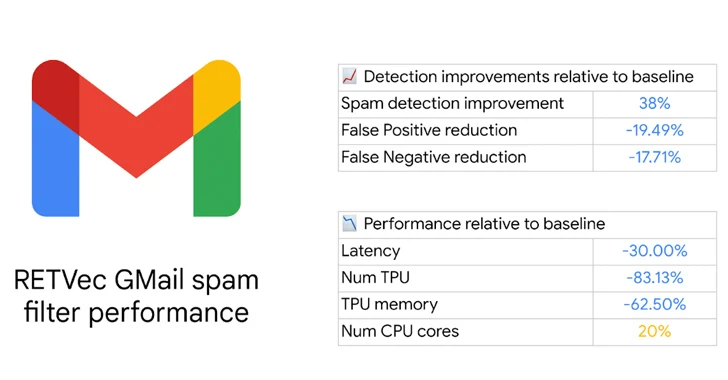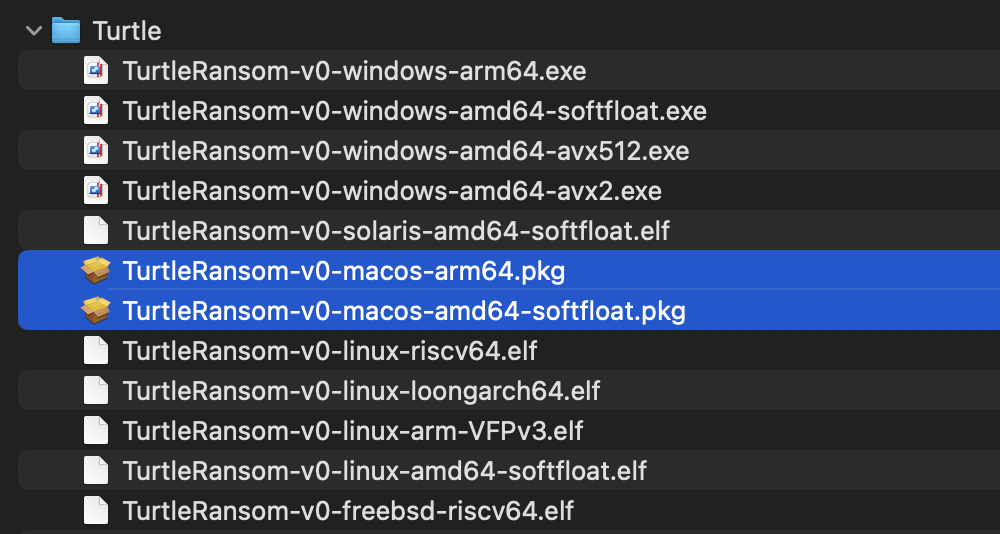Vitalii Chychasov, a Ukrainian citizen, has been sentenced to eight years in prison for running a marketplace that sold personal information of millions of Americans, impacting about 24 million people in total.
Integration of RETVec in Gmail has significantly improved spam detection rates, reduced false positives, and decreased computational costs, making it ideal for large-scale applications and on-device models.
The new SEC rules on cybersecurity risk management and incident disclosure will require publicly traded companies to reevaluate their security strategies and provide investors with a greater understanding of the cyber threats they face.
The Lazarus Group, linked to North Korea, has exploited decentralized finance (DeFi) protocols to steal cryptocurrency and launder funds, contributing to the rise of DeFi hacking in 2022.
The affected IT provider, Ongoing Operations, was infiltrated through the Citrix Bleed vulnerability, emphasizing the importance of robust cybersecurity measures and patching vulnerabilities promptly.
While the Turtle ransomware may not pose a significant risk to macOS users currently, its existence highlights the ongoing efforts by ransomware authors to target Apple devices.
Proliance Surgeons, a large Seattle-based surgical group, suffered a ransomware attack and data theft, potentially compromising the personal information of nearly 437,400 individuals.
Genetic testing company 23andMe experienced a data breach, with hackers accessing around 14,000 customer accounts and potentially compromising the personal information of other users connected to those accounts.
Kimsuky is known for its aggressive social engineering tactics and targets governments, nuclear organizations, and foreign relations entities to gather intelligence for North Korea’s interests.
XDSpy has a history of targeting Russia’s government, military, financial institutions, as well as energy, research, and mining companies, demonstrating a focus on strategic organizations in Eastern Europe.









